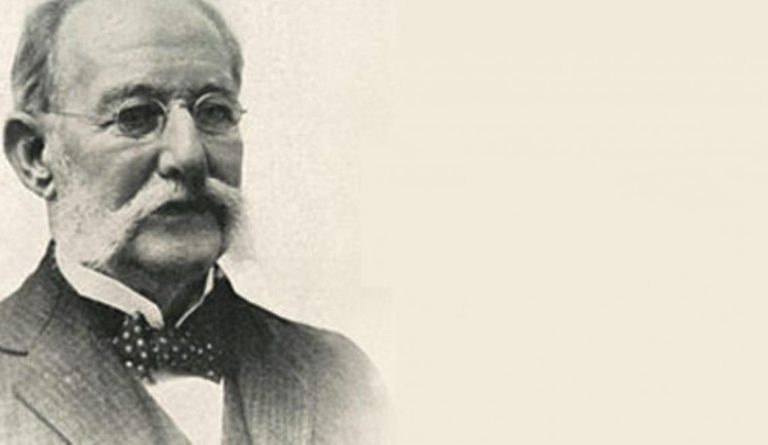The Jefferson Medical College of Philadelphia constituted the prelude to what the wise man would be, recognized as his Alma Mater, obtaining the Doctor of Medicine degree on March 10th, 1855. There, his professor and tutor, the eminent Silas Weir Mitchell, served as the main motivation for the profound foray that Carlos J. Finlay began in the field of science from his student days and illuminated the way to experimental medicine. In addition to his bond with the one who was his scientific tutor, the French scholar Claude Bernard.
In this scientific cultural environment, Finlay received medical, literary and humanistic education, printing a definitive seal of love for scientific progress and freedom of speech.
For three years he worked intensely as his student, managing to be the first, which is why he tried in vain to persuade him to settle in New York where there was a large community of Cubans and Spaniards.
… “Fortunately, for science, he did not follow my advice …” said Dr. Silas Weir Mitchell.
Undoubtedly his professional practice in this country would have been brilliant, but other reasons drove Finlay to practice his profession in his homeland, among them the notable shortage of doctors, the fight against yellow fever, the monstrous endemic disease that was causing the death of many people in the Antilles and Tropical America.
Thus, at the end of 1855, he left New York economic prospects for the path of the homeland without even imagining that the glory of scientific immortality was waiting for him.
Finlay graduated from medical school as a young professional with mature and independent thinking, gifted to face the challenges that the world of science imposed on him as of this date.
His decision, in no way, damaged the image and prestige of this institution that granted him an honorary degree in Law and named him Honorary Fellow of the Medical College of Philadelphia, a rare honor, almost unique.
Translated by: Aileen Álvarez García






